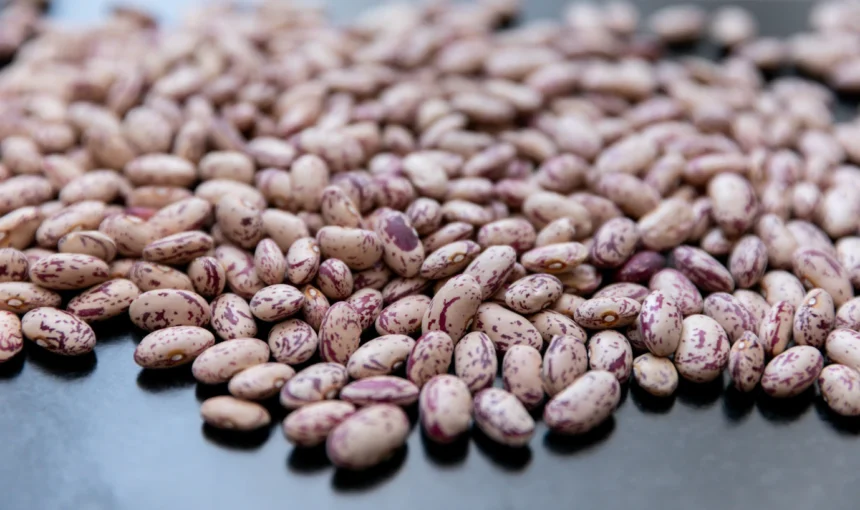Dry bean cultivation in South Africa has a rich and diverse heritage that spans several centuries. The cultivation of dry beans in the region can be traced back to the indigenous peoples who inhabited the area long before European colonization. These indigenous communities recognized the nutritional value and versatility of dry beans and incorporated them into their diets.
With the arrival of European settlers in the 17th century, dry bean cultivation in South Africa underwent significant changes. The settlers introduced new varieties of dry beans from Europe, such as the navy bean and the kidney bean, which became popular crops in the region. The European settlers also brought with them new farming techniques and practices, further enhancing dry bean cultivation.
Dry beans became an important staple crop in South Africa due to their ability to thrive in the country’s diverse climatic conditions. The cultivation of dry beans spread throughout the country, with different regions specializing in the production of specific bean varieties. For example, the Highveld region is known for its production of white kidney beans, while the Limpopo Province is renowned for its red speckled beans.
The rich cultural diversity of South Africa also influenced the cultivation and consumption of dry beans. Different ethnic groups, such as the Zulu, Xhosa, Sotho, and Afrikaans communities, developed their unique ways of preparing and cooking dry beans. Traditional dishes like “umngqusho” (a Xhosa dish made with beans and maize) and “boerewors and beans” (a popular Afrikaans dish) became integral parts of South African cuisine.
In recent years, there has been a renewed interest in preserving and promoting the rich heritage of dry bean cultivation in South Africa. Efforts have been made to conserve traditional bean varieties and farming practices, as well as to promote sustainable farming methods. Organizations and government initiatives have been established to support small-scale farmers and encourage the consumption of locally produced dry beans.
Furthermore, South Africa’s dry bean industry plays a significant role in the country’s economy. The production and export of dry beans contribute to rural development and job creation. South African dry beans are sought after in international markets due to their high quality and unique flavors.
The rich heritage of dry bean cultivation in South Africa encompasses both indigenous traditions and European influences. The cultivation of dry beans has become deeply ingrained in the country’s culture, cuisine, and economy. Preserving and celebrating this heritage is not only important for South Africa but also for maintaining the biodiversity and food security of the region.
Join 'Farmers Mag' WhatsApp Channel
Get the latest Farming news and tips delivered straight to your WhatsApp
CLICK HERE TO JOIN






